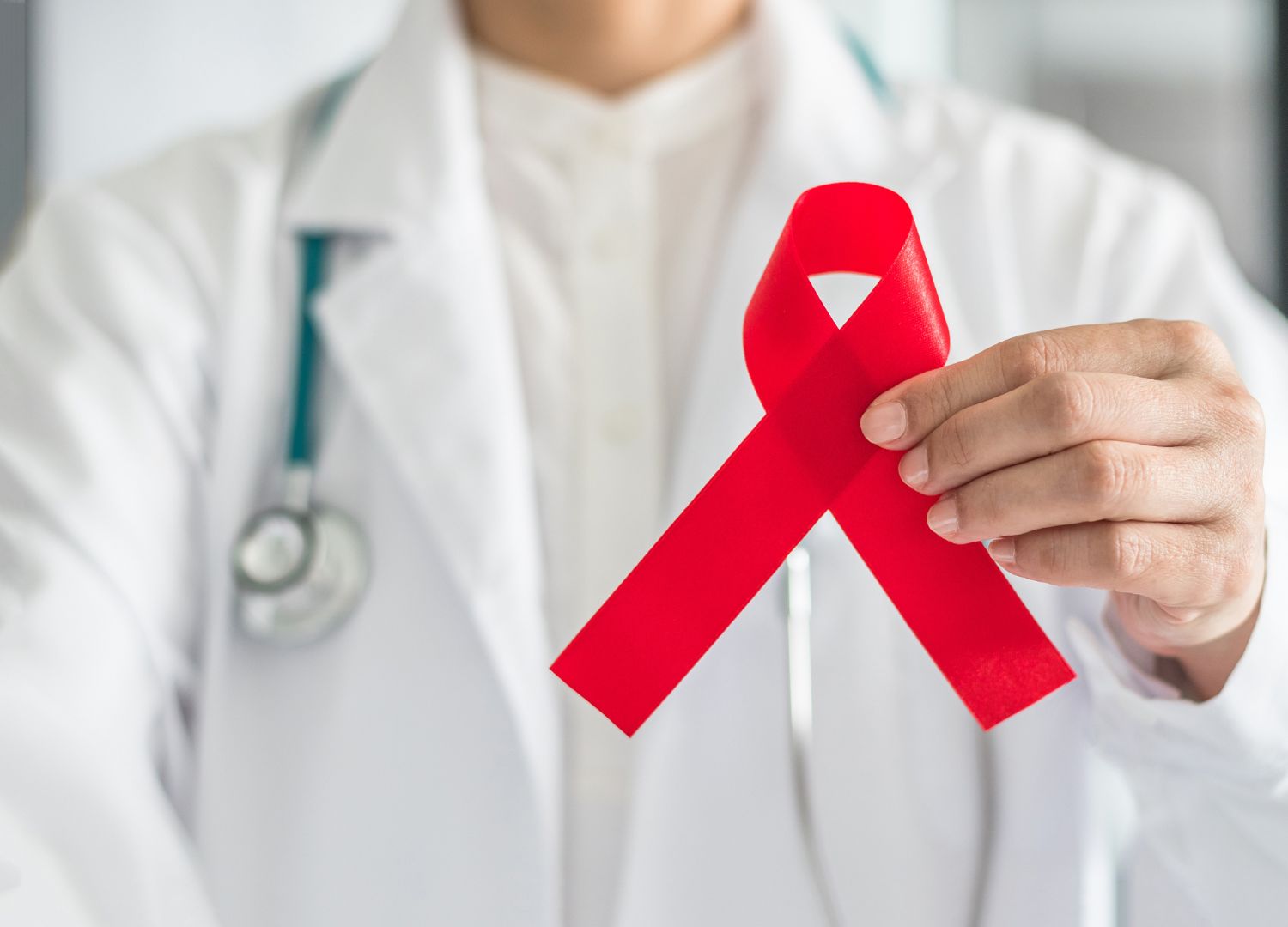
A new study has beamed a ray of light on the potential health effects of widespread use of pesticides in agriculture. The study found that pesticides can speed the transmission of schistosomiasis, a disease caused by the waterborne parasitic flatworms called schistosomes. Over 80% of persons with schistosomiasis in the world reside in Africa. Schistosomiasis is one of the neglected tropical diseases.
Schistosomes develop and multiply in the bodies of freshwater snails and are transmitted to humans through contact with contaminated water. The infection affects millions of people every year and is a major cause of bladder cancer. It also results in lifelong liver and kidney problems.
The study found that pesticides and agrochemicals potentiate the spread of the schistosomes in three major ways: by stimulating the growth and development of the parasite itself; by killing aquatic predators that feed on snails that carry the parasite, and; by altering the composition of algae in the water, which are a major source of food for snails.
The researchers found that even small amounts of common pesticides can still increase rates of transmission of the flatworms, potentiating their spread to humans. The study team hopes these findings may influence changes in public health policies to limit agrochemical pollution.
Read more here – https://news.berkeley.edu/2020/07/17/pesticides-speed-the-spread-of-deadly-waterborne-pathogens/












